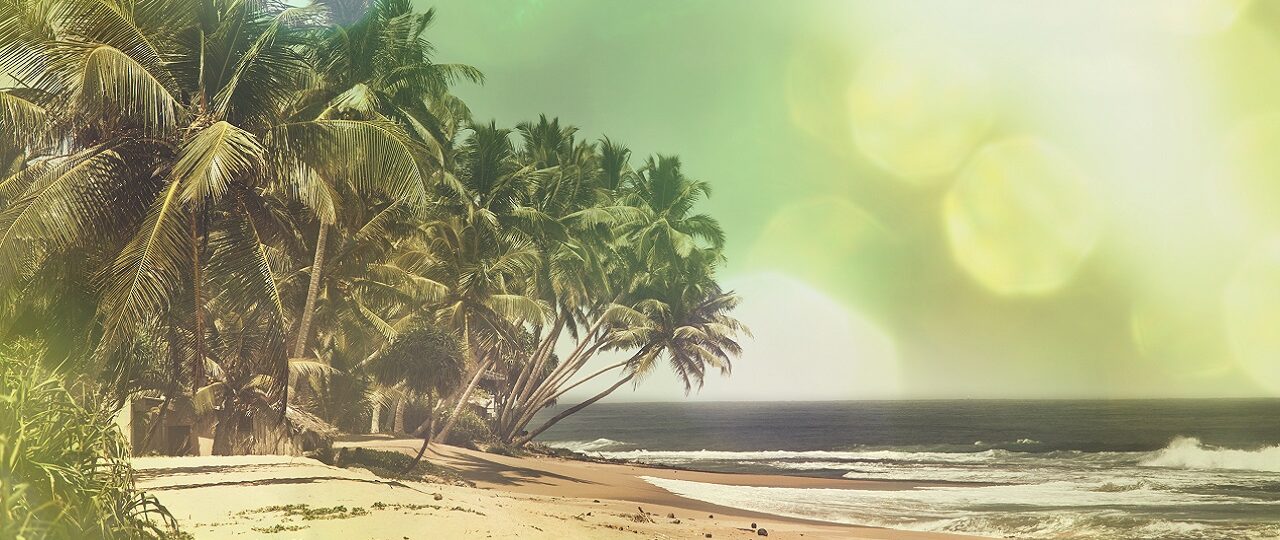Frequently Asked Questions about Sri Lanka Tours
1. When is the best time to visit Sri Lanka
Sri Lanka is a round the year destination. November to April is a good time to visit the southern coastal area. June to October is good in the Eastern Coastal area. Peak season is December to February and July, August for the festivals.
2. What to wear in Sri Lanka
Cotton clothes are best with long sleeved tops and trousers or long skirts for the evening to avoid any mosquito bites. When visiting temples you should cover your knees and shoulders. Hats and footwear should also be removed when entering temples. We recommend you to take a comfortable pair of socks to wear when entering temples. If you are visiting the hill country pack a light jacket or a jumper or two.
3. Currency exchange when you land in Sri Lanka
You can exchange your currency on arrival at the airport or at any main bank or high end hotels. Please remember to change any currency left in Sri Lanka before you head back home.
4. How safe is it to travel in Sri Lanka
Threats to personal security are remarkably small. It is best to travel with a companion or a group than travel alone especially in the night. Ensure you book registered taxis and book a professional licensed guide where possible to travel around in Sri Lanka. If you have anything stolen report it to the tourist police Contact telephone number + 94 11 2382209.
5. How to travel around in Sri Lanka
It is best to book a chauffeur guide tour in Sri Lanka as you will have a private car and a driver. Public buses are used by locals, however this can be an uncomfortable way of travel. Also not many drivers speak English. There are few luxury trains which you can travel on and seat reservations should be done in advance. If you select to use taxis, we recommend you use registered and metered taxis. Hotel staff will be able to help you pick a taxi company.
6. Vaccines and health concerns in Sri Lanka
Visit your health professional 4-6 weeks before your travel and check whether you need any vaccinations.
Diarrhoea remains the most common complaint of tourists visiting Sri Lanka. Ensure you buy your food and drinks from clean places. If diarrhoea continues for more than 5 days please seek medical advice.
All regions of Sri Lanka experience outbreak of mosquito borne Dengue fever. You should take steps as using insect repellent, sleeping under bed nets, wear loose fitting clothes with long sleeves and long trousers.
Please see up to date information on foreign travel advice https://www.gov.uk/foreign-travel-advice/sri-lanka/health
7. Water and Food in Sri Lanka
Avoid drinking tap water in Sri lanka. Although it’s chlorinated and safe to drink you might get stomach upsets as you may not be used to the unfamiliar micro-organisms. Try to drink mineral water as much as possible and make sure the seal hasn’t been broken and re filled when buying from shops.
Try to eat hot food as much as possible and avoid raw food and salads which has been sitting out for a long period. If the restaurant or café looks busy the probability of the food sitting around for a long time is low.
8. Do I need visa to visit Sri Lanka
All holiday and business travellers should have an Electronic Travel Authorization when entering the country. Please check official website for more information on how to apply and fees http://www.eta.gov.lk/slvisa/
9. Travelers with special needs
Sri Lanka still has relatively few facilities for disabled travellers. We recommend travelling with a companion or contacting a tour operator in advance to make your travel arrangements.
10. Are credit cards accepted in Sri Lanka
Major hotels , shops and restaurants do accept credit cards

